Who we are
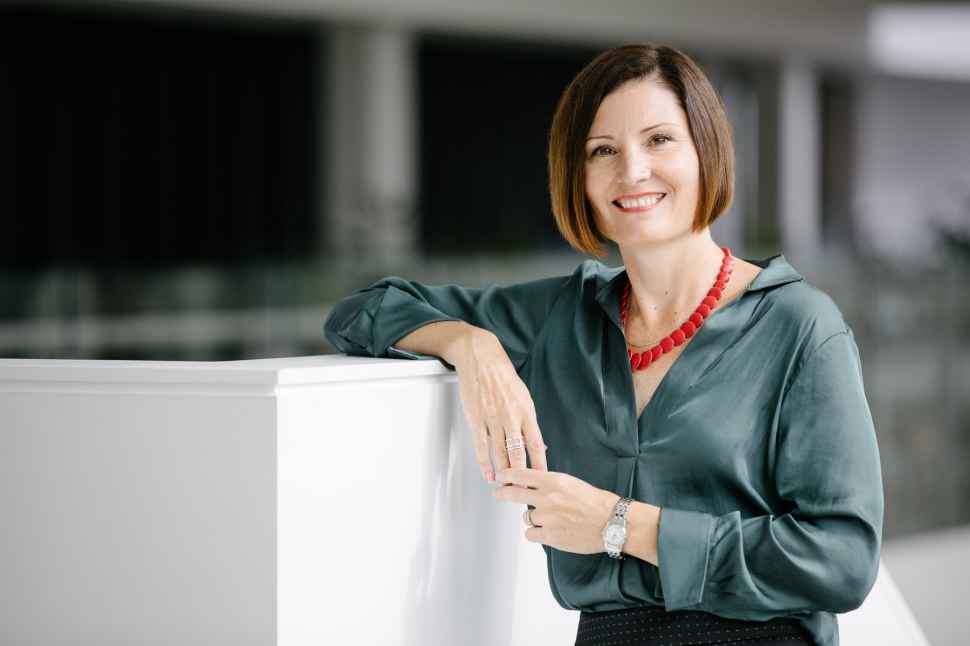
Director
...is a champion of listening.
Whether she's interviewing a survivor of domestic violence or leading her team of SWIRLS researchers, Sarah believes in the importance of listening to diverse voices. She values the experiences of people around her.
...is comfortable with being uncomfortable.
She's both a collaborator and a leader. She was rural-born and the first in her family to go to university. Domestic violence, child abuse and racism are just a few of the difficult social problems she tackles every day. It is her job and her passion.
...is an expert in design.
She's savvy and skilful when it comes to designing research. That means she's the first person to ask if you're developing qualitative and mixed-methods evaluation and research, development of interview schedules, ethics requirements, recruitment protocols and data analysis.
...is a driver of change.
She is a doer, a go-getter, a trailblazer. She is leading SWIRLS in a push for social change, development and cohesion.
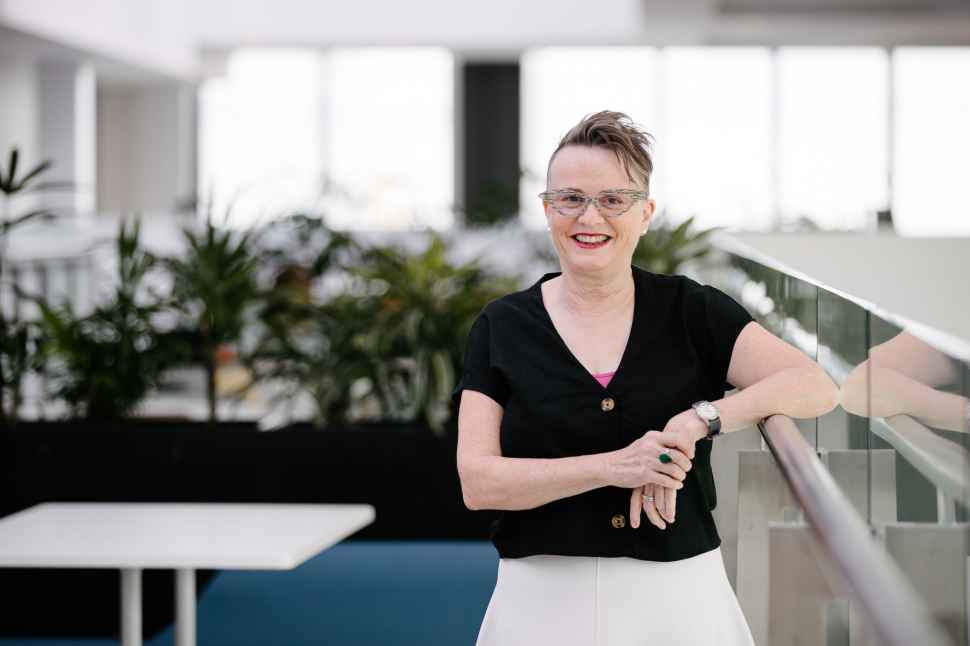
Co-director
...is an advocate.
She has been a social worker for over 35 years and an advocate for people with disability issues for over 25 years.
...is a complex thinker.
She is a social worker, researcher and person with lived experience of disability. Lorna's personal and professional experiences have been critically important in shaping her understanding of effective social work practice and social policy.
...is a master of policy.
She is strategically pushing for change across disability policy, adoption law, and workers' rights across human and health services. She's the first person we turn to when new legislation hits.
...is the person who shows up.
She is a council member, a chair, a co-chair, a deputy chair, a chief investigator. She's speaking up and out about social justice.
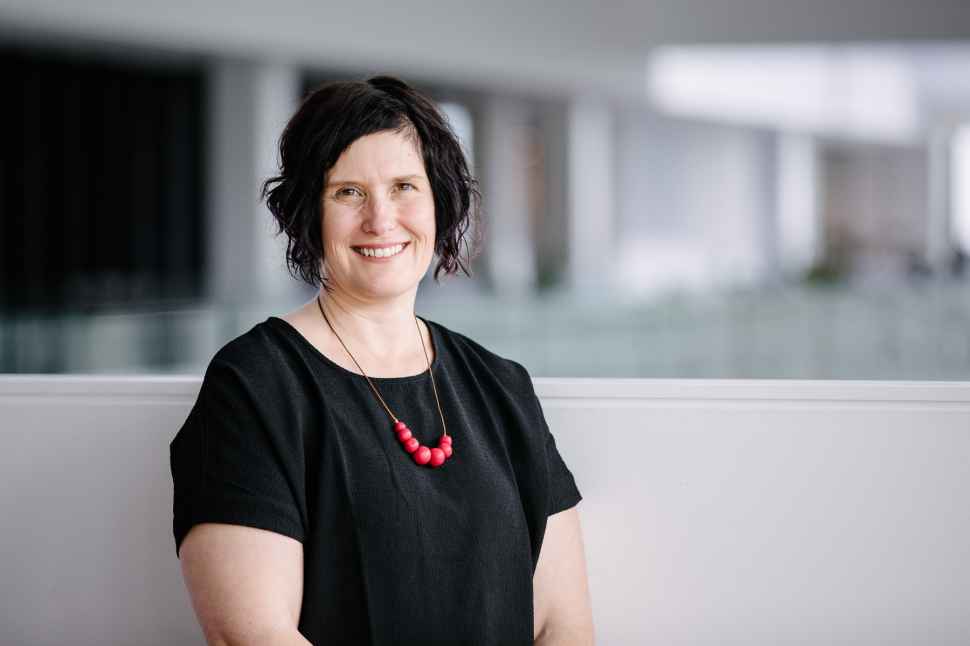
Associate Professor Kris Natalier is a sociologist with expertise in the design and implementation of mixed method and qualitative research and evaluation. Her work maps the relationship between policy and practice in lives of vulnerable populations and those who work with them. Her approach emphasises the value of working with practitioners to identify the strengths and challenges of their work. She is a highly skilled interviewer with extensive experience in interviewing vulnerable children and young people, survivors of domestic and family violence and women living in poverty.
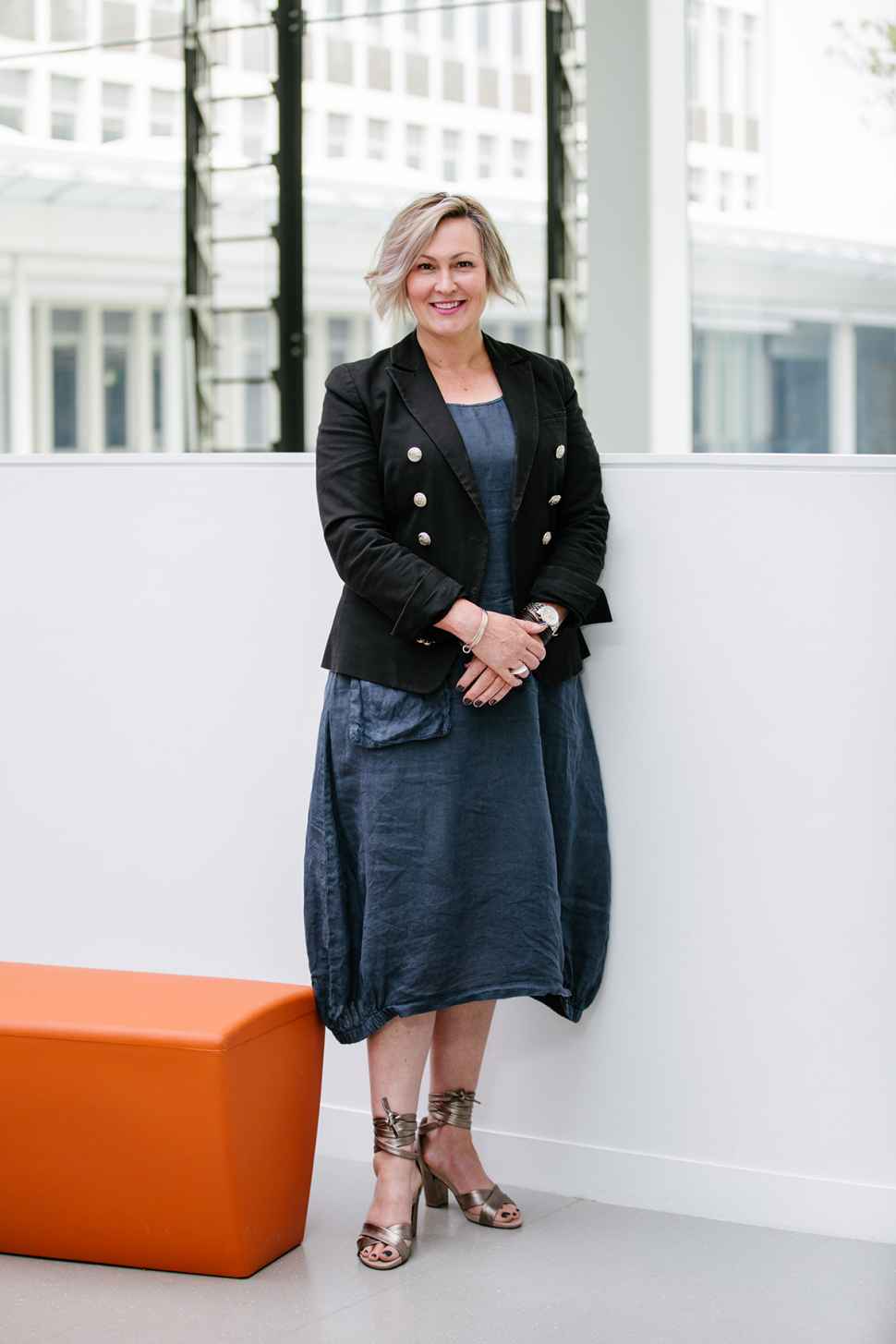
Dr Priscilla Dunk-West wrote the book on social work—literally; it's called How to be a Social Worker: A Critical Guide for Students. It's in its second edition and has been translated into Swedish. In fact, Priscilla has written many books. She's internationally renowned for her scholarship on social work identity and practice. She is a Senior Lecturer in Social Work and has worked in child protection in Adelaide and London. Priscilla is an expert on intimate relationships, parenting, and parenting in the context of divorce or separation. She also researches in the area of child protection practice.
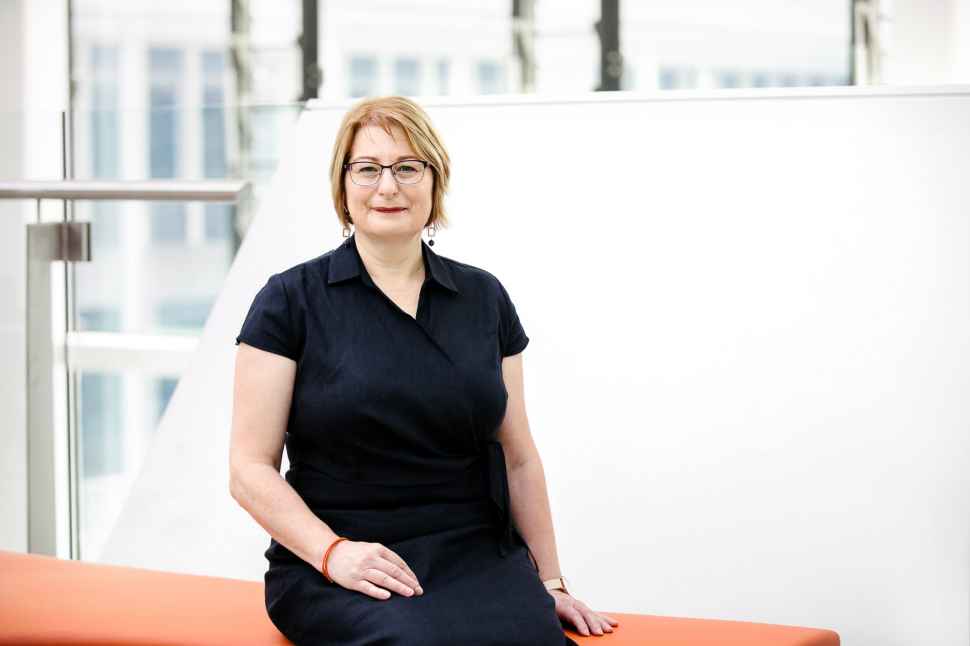
Dr Carmela Bastian is committed to improving the lives of children. She has over twenty years’ experience in the field of child protection and human services as a social work practitioner and academic. Carmela's employment history exemplifies a wide range of experiences, including as a front line practitioner, policy and program manager, and involvement in service development. Her PhD research—called The moral status of children in child protection: the case for emerging from our moral ignorance—engaged in philosophical deliberation to assert that children are valuable members of the human community and illuminate the criticality of relationships, rights and obligations.
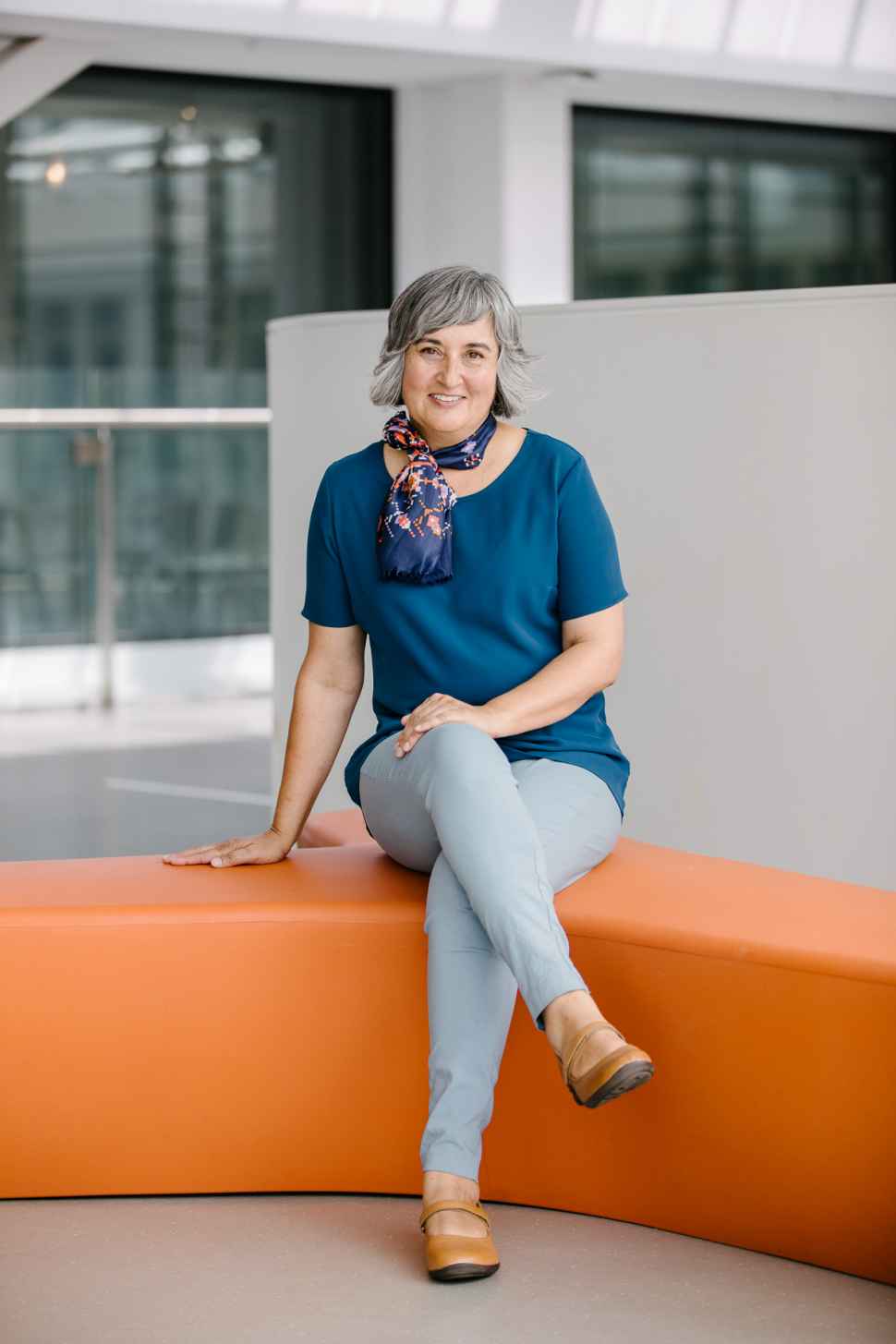
Mia Mandara is an early career researcher in social work and social and family policy. Mia is passionate about developing practice skills for new social workers through evolving simulation practice in the social work curriculum. Her other social work and research interests include family studies, socio-economic difference, and intercultural practice.
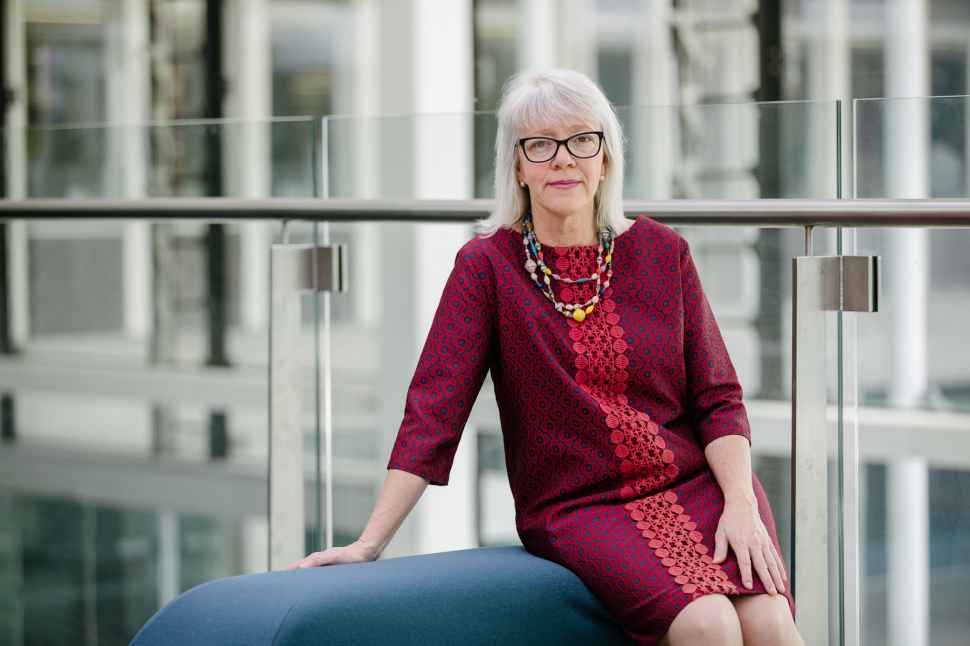
Dr Helen McLaren is motivated by the idea of better lives for women, children and communities. She is a Senior Lecturer in Social Work. Her current research delves into quality of life indicators and how they can be used to measure the effectiveness of an intervention program for domestic and family violence perpetrators. She is also mapping women’s and children’s protection policy in Bandung, West Java, Indonesia with her colleagues in policy, administration and social welfare at Padjadjaran Universitas.
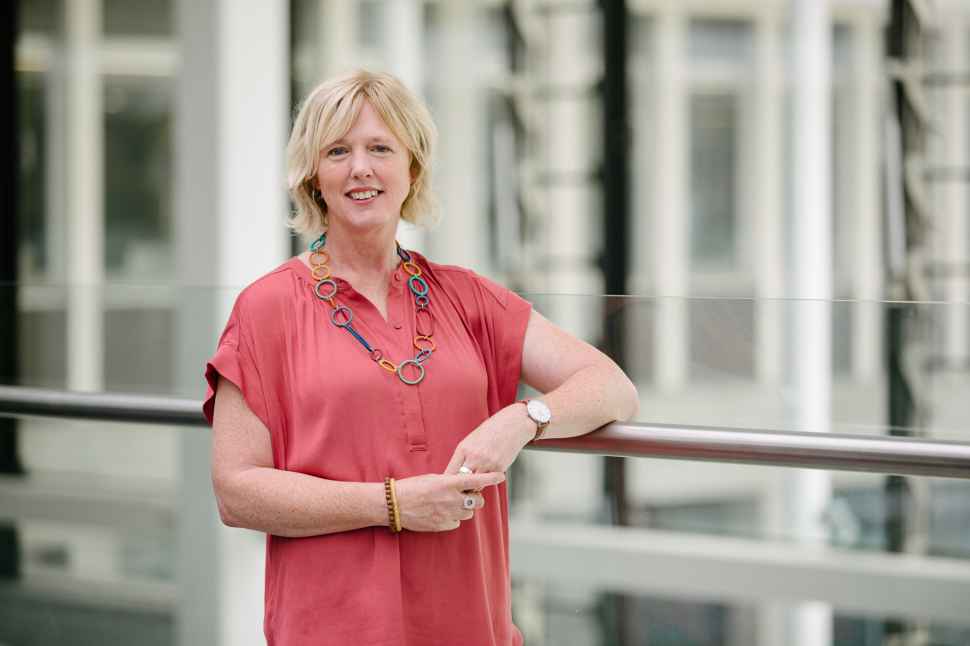
Dr Kate Seymour is a Senior Lecturer in Social Work and, previously, in Criminology. Known for her contribution to the critical study of masculinities and men's violence, her research expertise spans the fields of social work and criminology with a focus on the intersecting discourses of gender, masculinities and violence. Kate is especially interested in the ways in which the framing of violence, across the realms of policy, prevention, and practice, reflect and reinforce structural inequalities and social hierarchies. She is a skilled qualitative researcher with a background in direct social work practice and management in the areas of housing and homelessness, child protection, and adult offending including work with male perpetrators of domestic and family violence.
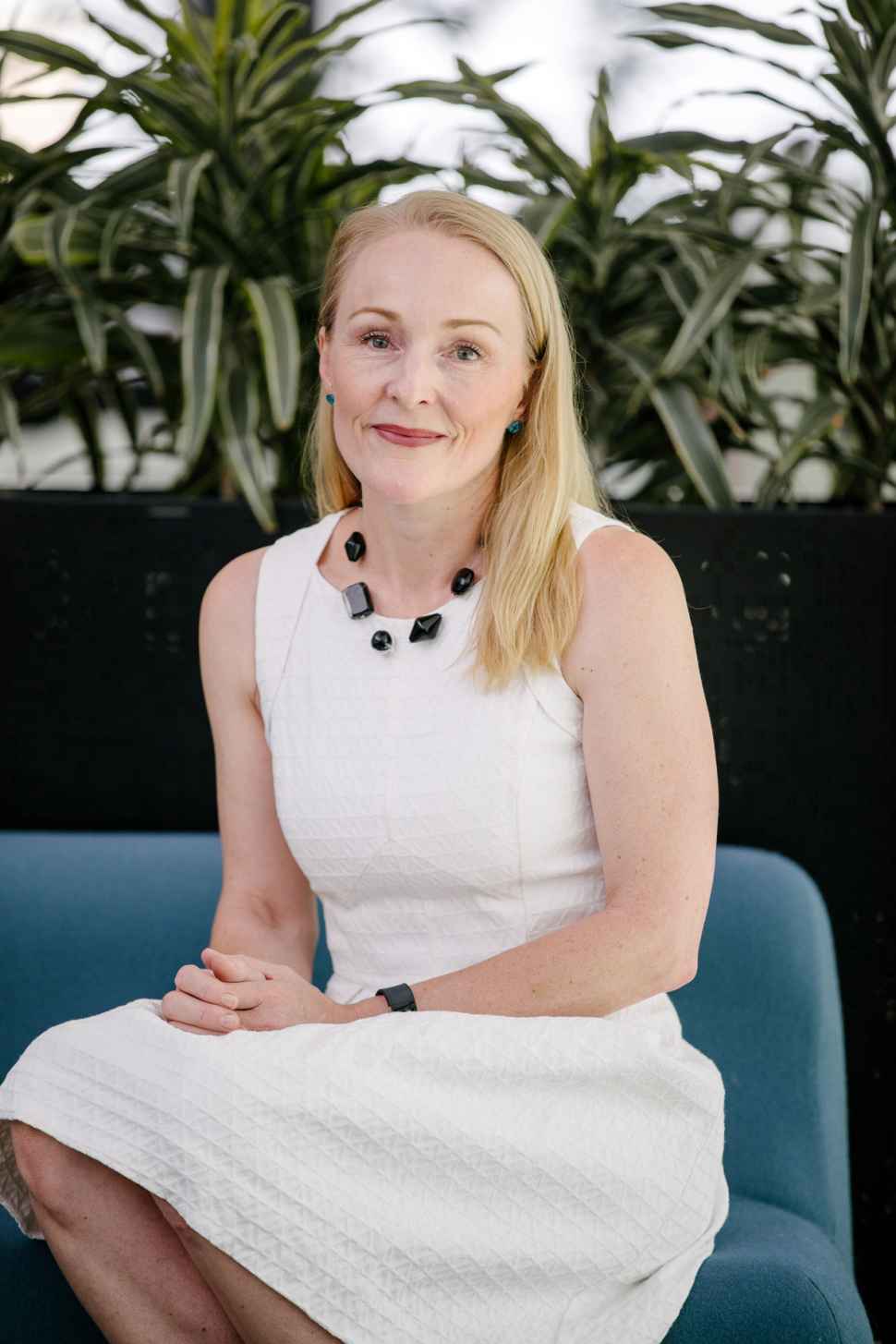
Dr Jenny van der Arend has over fifteen years of work experience in government and non-government positions across social policy sectors—including family violence, family services, disability and youth homelessness—in Australia and internationally. Within these roles she has undertaken research, provided policy advice, been involved in service design and redevelopment, and managed programs. Jenny’s recent PhD research used a mixed methodology, drawing on large-scale data sets to explore how relationships and networks help to support the uptake of social research evidence in policymaking processes in Australia.
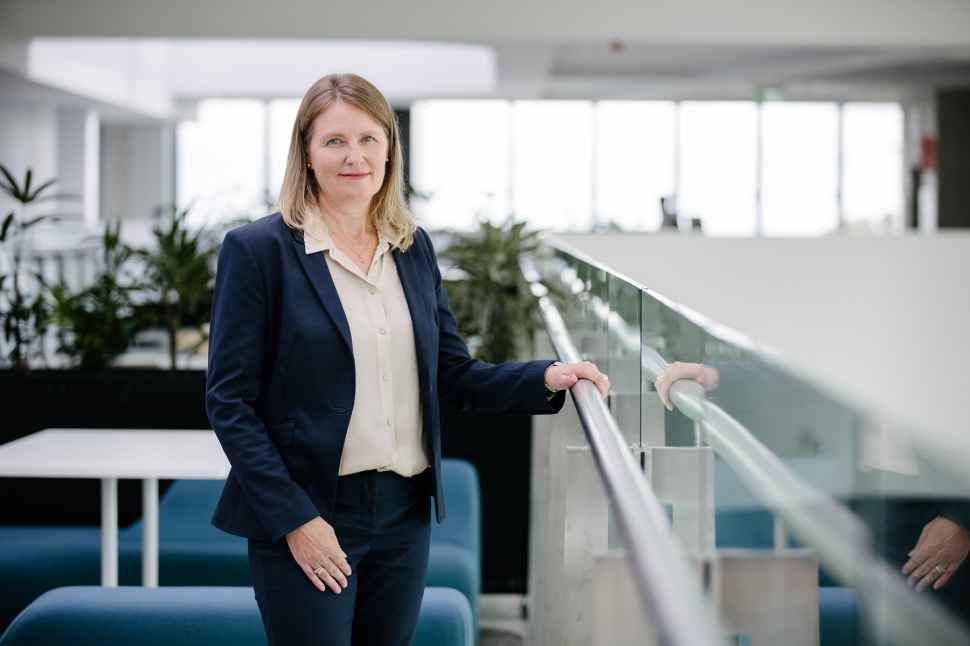
Dr Michelle Jones has spent the past 15 years working in evaluation and research roles in government, specifically SA Health (Health Performance Council and Public Health) and Correctional Services. Over her career, she has passionately worked alongside her Aboriginal colleagues to build their capacity and support their research for their community. Michelle is a Senior Lecturer in Social Work with extensive experience in interdisciplinary teams and the translation of evidence to practice. She's the person to ask about practice-based research, mixed methodologies and participatory action research.
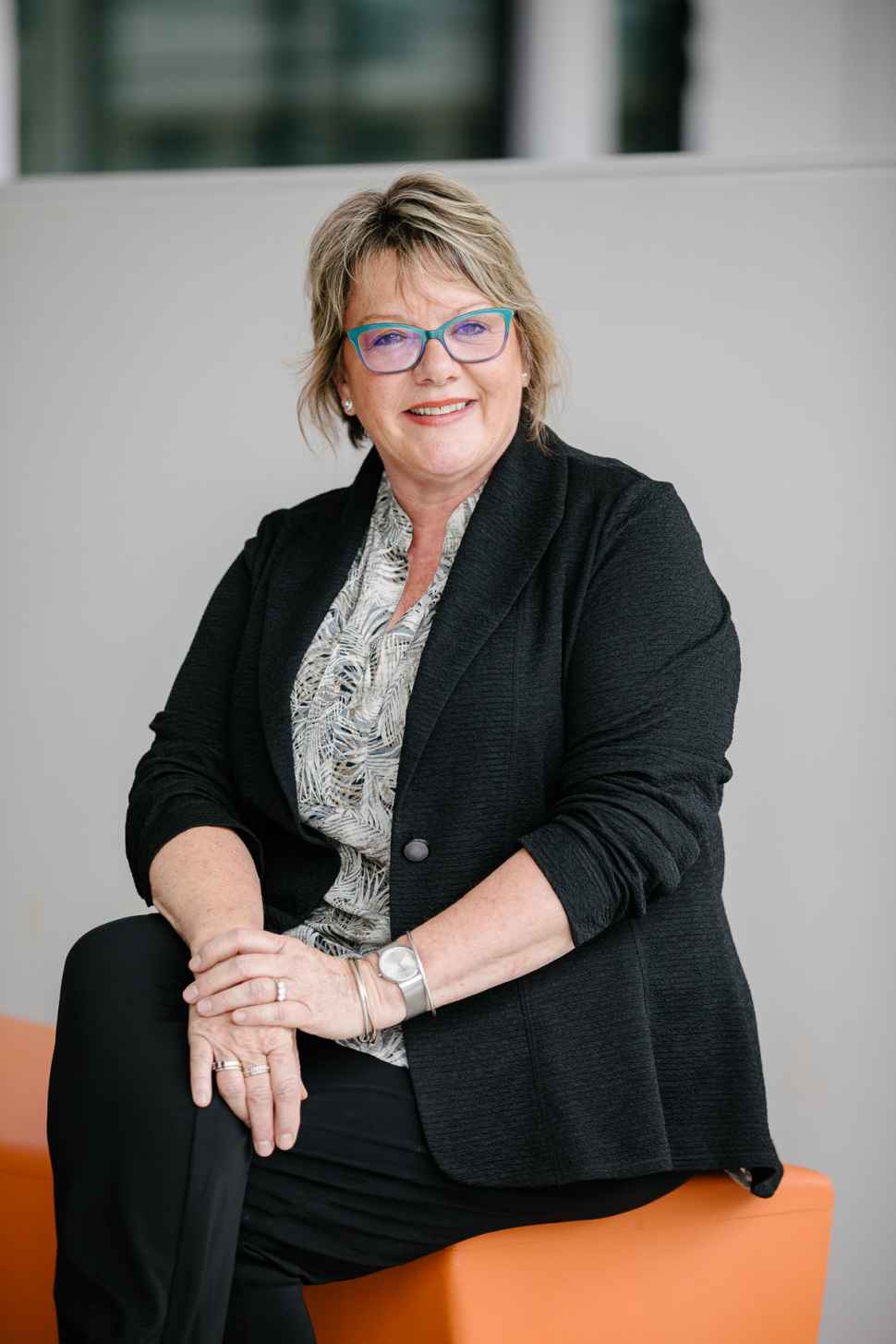
Dr Annie Jarvis brings to the team in excess of 30 years of practice in the field, including experience in child protection, mental health, and the education of social workers. Her PhD argued for a trauma-informed approach in mental health, focused particularly on the intersections of child protection and mental health.
SWIRLS
Social Work Innovation Research Living Space
is a unique and innovative concept, driven by practice-led social work researchers based at Flinders University
![]()
Sturt Rd, Bedford Park
South Australia 5042
South Australia | Northern Territory
Global | Online


